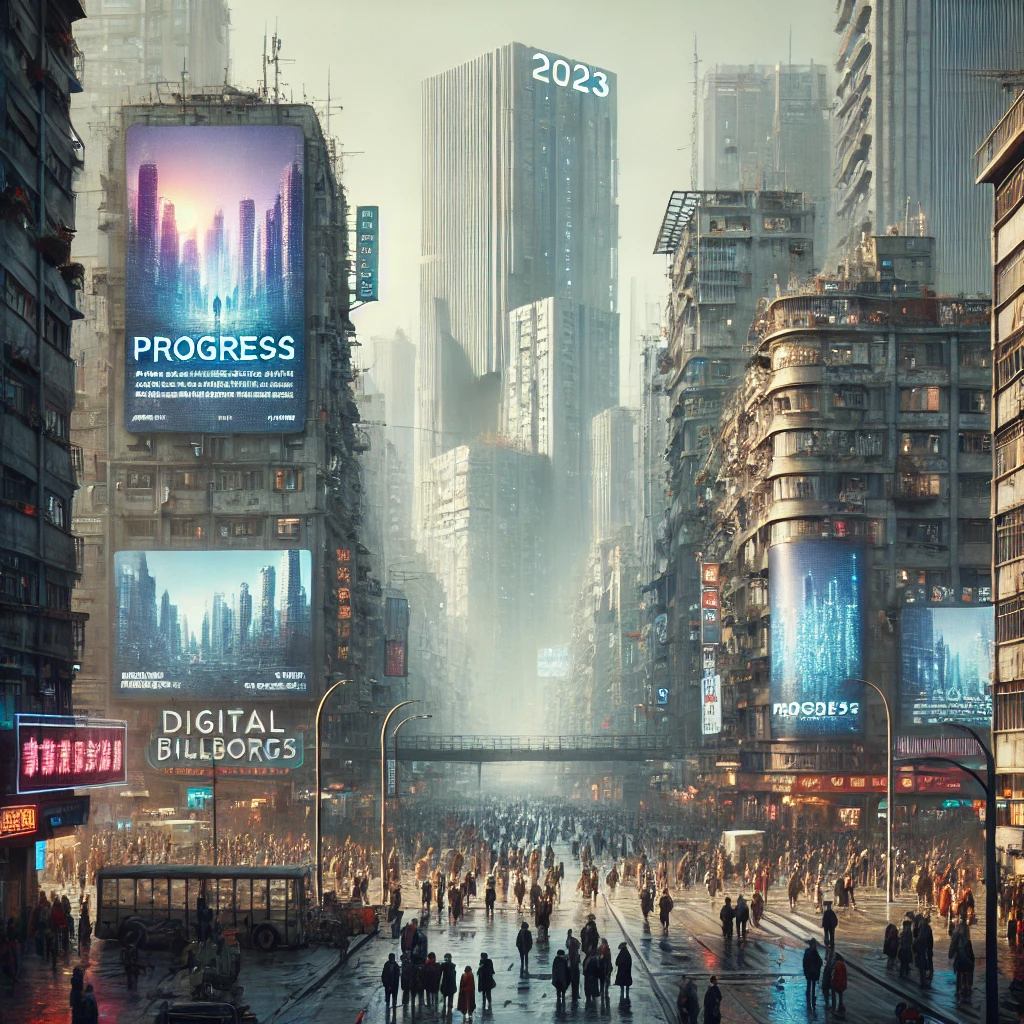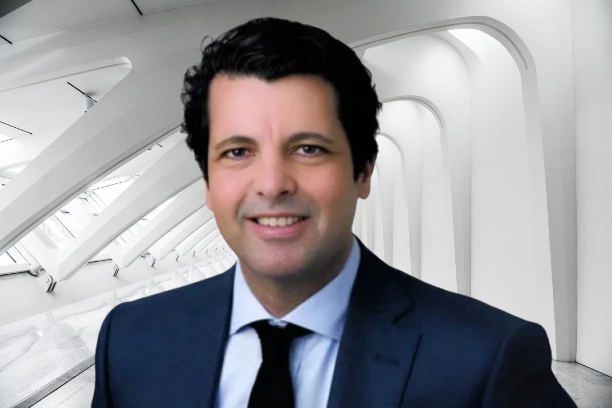Introduction
The year is 2023 civilization has progressed little __ In the year 2023, one might expect a world transformed by technological advancements, social evolution, and sustainable practices. After all, progress is the hallmark of human civilization. However, the stark reality is that, despite strides in some areas, civilization seems to have made surprisingly little progress in several critical aspects. This stagnation spans social, environmental, and economic spheres, reflecting a curious paradox: while technological innovation continues, the underlying social and ethical evolution appears stalled. This article delves into the reasons why, despite the advancements we witness, true progress remains elusive in many areas.
The Illusion of Technological Advancement
In 2023, technology has undoubtedly reached unprecedented levels, but this progress remains largely superficial, often lacking in meaningful societal impact. The constant release of new gadgets, social media platforms, and smart devices has not necessarily translated into a better quality of life for many. Instead, it has perpetuated a culture of consumerism and distraction. For example, social media algorithms are increasingly sophisticated, keeping users engaged and profiting from their time and attention. But these platforms, while technologically advanced, often exacerbate issues like misinformation, mental health struggles, and political polarization.
Furthermore, while artificial intelligence (AI) and automation have improved efficiency in many industries, they have also led to concerns about job security, with many workers feeling displaced and undervalued. Despite all the advancements, many people find themselves in precarious employment situations, unable to attain the promised benefits of technological progress.
Environmental Challenges: Neglecting Sustainable Solutions
One of the most alarming areas where civilization has failed to progress is in addressing environmental challenges. In 2023, climate change remains a looming threat, and while renewable energy sources have seen growth, they are still far from mainstream adoption. The world continues to rely heavily on fossil fuels, and deforestation, plastic pollution, and greenhouse gas emissions remain rampant.
Despite countless scientific warnings and evidence-based solutions, significant changes in environmental policies and practices are still lacking. Large corporations and governments have made pledges, yet tangible actions are few and far between. Instead of prioritizing long-term ecological balance, short-term economic gains continue to guide policies. In this sense, humanity is trapped in an unsustainable loop where immediate benefits take precedence over the collective future.
Economic Inequality and the Illusion of Prosperity
In 2023, economic inequality is more pronounced than ever. While the global economy has expanded, wealth distribution remains skewed, with the richest 1% controlling nearly half of the world’s resources. This growing gap between the rich and poor is a symptom of an economy that prioritizes profit over people. The middle class continues to shrink, with millions struggling to make ends meet despite working multiple jobs or dedicating long hours to their careers.
The rise of the gig economy has further exposed the limitations of current economic structures. Gig workers lack basic benefits such as health insurance, job security, and retirement plans. Instead of being a stepping stone towards a better quality of life, the gig economy often leaves workers vulnerable and financially insecure. In many ways, this economic stagnation reflects a society that has made little real progress in creating inclusive, sustainable prosperity for all.
Social and Political Stagnation
In terms of social and political progress, 2023 is marked by division and polarization. Social movements for equality, justice, and human rights have gained traction, but they continue to face resistance and backlash. Political polarization is at an all-time high in many nations, with deep divides on issues ranging from immigration to healthcare to climate change.
Efforts to create more inclusive societies are often hampered by bureaucratic hurdles, systemic biases, and lack of accountability among those in power. The rise of misinformation and the ease with which false narratives spread have made it increasingly challenging to foster mutual understanding and empathy across communities. Many democratic institutions, intended to reflect the will of the people, now struggle under the weight of corruption, voter apathy, and gerrymandering, leaving little room for genuine progress.
Health and Mental Well-being: The Unaddressed Crisis
While advancements in medical technology and pharmaceuticals have made it possible to treat many diseases, mental health remains a largely unaddressed crisis in 2023. The high-paced, high-stress lifestyle of modern society has contributed to a rise in anxiety, depression, and burnout. Unfortunately, the stigma surrounding mental health issues persists, often preventing individuals from seeking the help they need.
Moreover, while healthcare technology has advanced, access to quality care remains unequal. Many people, especially in low-income areas, still struggle to afford basic healthcare. The COVID-19 pandemic highlighted the weaknesses in healthcare systems worldwide, yet little has been done to address these shortcomings or make healthcare universally accessible.
Education: Innovation Without Accessibility
Education in 2023 has seen innovations in online learning, personalized learning platforms, and interactive tools, yet these advancements are often inaccessible to those who need them most. The digital divide is still very real, with students in underprivileged communities lacking access to the necessary resources for a modern education.
Traditional educational models continue to emphasize standardized testing and rote learning, rather than fostering creativity, critical thinking, or emotional intelligence. Many educational institutions have not adapted to teach the skills needed for a rapidly changing world, such as digital literacy, ethical reasoning, and adaptability. Consequently, the education system remains out of touch with the demands of the 21st-century economy and society.
The Role of Individualism and Materialism
One of the underlying reasons for the stagnation of civilization in 2023 is the pervasive culture of individualism and materialism. The relentless pursuit of personal success, wealth, and status has led to a fragmented society where collective well-being is often sidelined. People are conditioned to prioritize individual achievements over community development, and material wealth over personal fulfillment or environmental responsibility.
This focus on self-interest discourages cooperation and empathy, making it difficult for society to address issues that require a collective approach, such as climate change, inequality, and healthcare reform. In many ways, civilization’s obsession with individualism and materialism has stymied true progress, trapping people in cycles of consumption and competition.
The Path Forward: Rediscovering Collective Progress
Despite the challenges, there is still hope for meaningful progress if humanity chooses to refocus on collective well-being over individual gain. True progress lies not in creating more advanced technology or accumulating wealth but in developing a society that values empathy, sustainability, and inclusivity.
This shift will require a reevaluation of societal values and priorities. Governments, businesses, and individuals must work together to promote policies and practices that benefit the majority rather than the privileged few. Emphasizing sustainable development, equitable resource distribution, and mental health support are just a few ways forward.
Educational systems should be reformed to prioritize the development of critical thinking, ethical reasoning, and adaptability. Schools must focus on preparing students not just for jobs but for responsible citizenship. Finally, technology must be leveraged for collective benefits, addressing issues like climate change and healthcare accessibility, rather than merely enhancing entertainment and consumption.
Conclusion: A Call for Real Progress
The year 2023 offers a sobering reflection on the limits of technological and economic progress in the absence of ethical, social, and environmental consciousness. While humans have developed incredible tools and systems, these advancements have not yet translated into a better society for all. The future of civilization depends on making a deliberate choice to pursue meaningful progress—one that prioritizes collective well-being, sustainability, and genuine human connection over fleeting individual achievements.
The year is 2023 civilization has progressed little __ In a world that appears stuck in cycles of consumption, conflict, and division, it is time to redefine what true progress means and work towards a future that serves the common good. Only then can we hope for a civilization that truly progresses.










